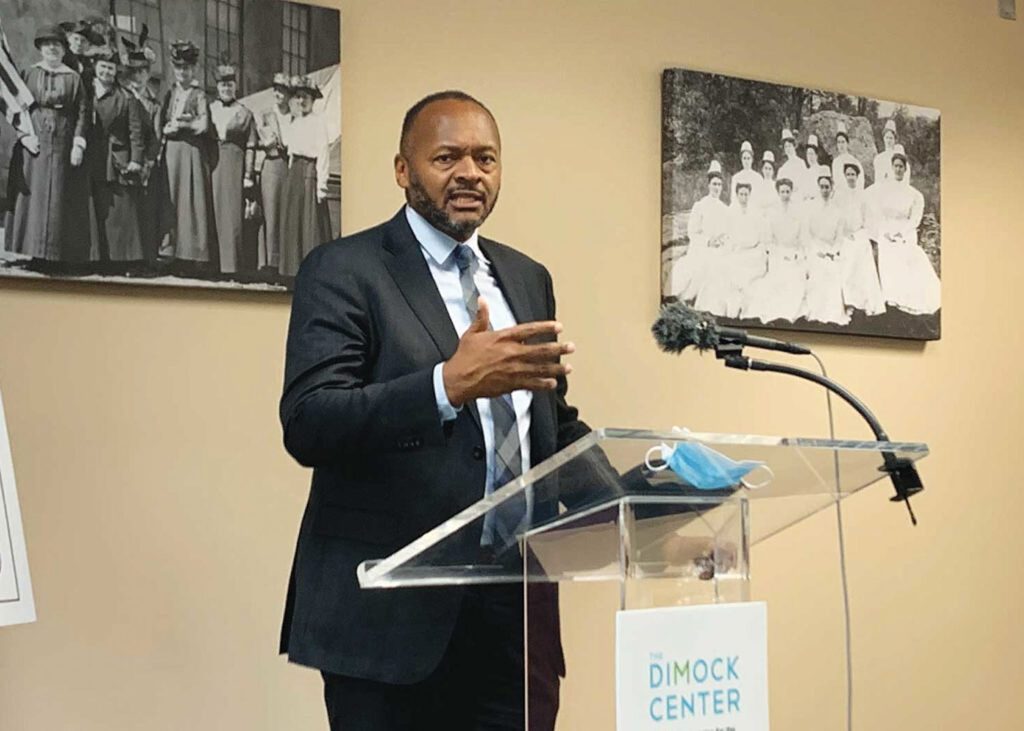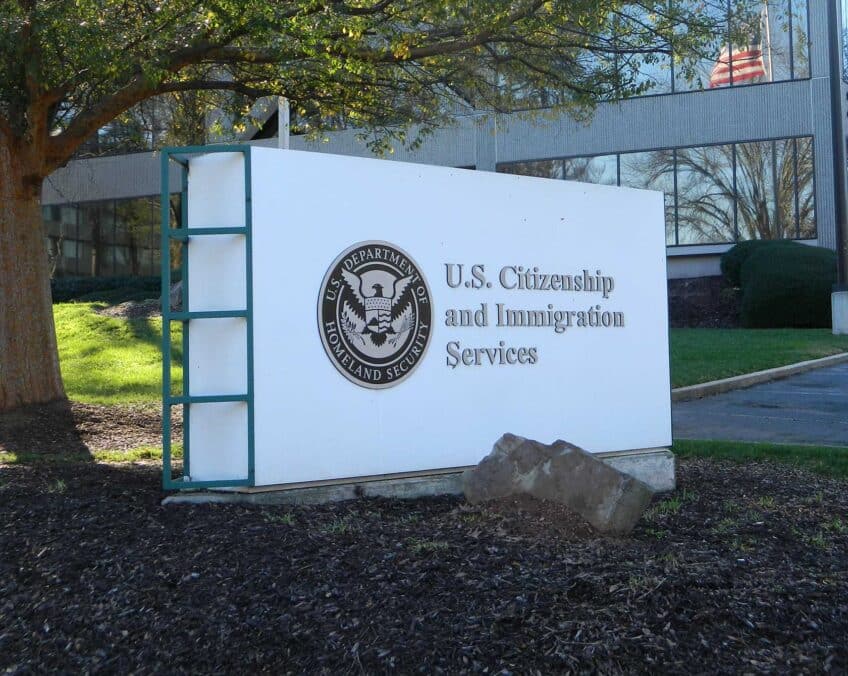Compact seeks health equity
Summit explores ways to overcome systemic racism in health care

The Health Equity Task Force created by the Massachusetts Legislature issued its final report two years ago, calling for solutions to the inequities in infection, hospitalization and death rates that impact the state’s vulnerable populations, particularly communities of color and low income residents.
Leading members of the task force, including co-chair Michael Curry and former state representative Jeffrey Sanchez, were disappointed in the legislative response to the “Blueprint for Health Equity.”
“Once the report was submitted, Jeffrey called to express a concern that we might not see the necessary changes, and suggested reaching out to others who shared our concern,” Curry, president and CEO of the Massachusetts League of Community Health Centers, said in an email.
Members of the task force then connected with leaders in the Black and Latino communities to form the Heath Equity Compact in May 2022.
“Our vision is the elimination of systemic barriers and creation of new structures and processes that will lead to equitable health care and health outcomes for all in Massachusetts,” Curry wrote in the email.
The Compact, which now includes more than 75 leaders of color in health care in Boston and across the state, on June 13 hosted a Health Equity Trends Summit that brought together insurance executives, hospital CEOs, health care providers and legislators to address how barriers are reinforcing systemic racism in their organizations and discuss how to make prospective changes.
“We are pulling organizations that often compete and disagree on policy priorities [together] to engage on solutions,” said Curry.
Curry, who is also a former president of the NAACP Boston Branch, said in his opening remarks that the Compact is pushing legislation that would make insurance coverage through MassHealth available to all people in the state, regardless of their immigration status.
Senators Pavel Payano of Lawrence and Liz Miranda of Boston and Representatives Bud Williams of Springfield and Judith Garcia of Chelsea filed the omnibus bill, which also calls for the “prioritizing of health equity in state government, standardizing and reporting on health equity data, (and) improving access to and quality of care,” Curry wrote in the email.
While foundational changes in access to health care can be established through lawmaking, preventing discriminatory practices cannot be achieved through legislation alone. It starts in interactions between patients and care providers.
The summit’s panel discussion on “Roadblocks and Resolutions: Healthcare Leaders’ Commitment to Health Equity” brought together four Boston-area hospital CEOs to address structural racism within their organizations.
“There’s a lot of bias in our organization,” said Alastair Bell, president and interim CEO of Boston Medical Center. “There were many ways in which bias kind of showed up, often in very unintentional ways that … lead to quite disparate outcomes.”
A lack of funding and resources devoted to fixing prejudice presents a barrier to achieving health equity, he added.
Kevin Churchwell, president and CEO of Boston Children’s Hospital, said health care organizations have a shared responsibility to collaborate, as demonstrated during the pandemic. He said the response to COVID-19 was successful due to the communication between health care entities.
“We would have not been successful without the state involvement, without the federal government’s involvement,” he said. “There can’t be just one side of this equation that is leading the effort.”
In the same vein, Michael Dandorph, president and CEO of Tufts Medicine, said that hospitals are also responsible for involving the community in the discussion to create equity.
“This isn’t just our problem to solve in isolation. … There’s a lot of things happening in and across Massachusetts, and certainly in the communities that we’re serving, that we have an accountability to partner with,” he said.
Dandorph said hospitals and medical institutions tend to overpower community organizations, when they should be included in the conversation.
“We really need to be bringing people to the table, and as leaders of major organizations in our communities, we need to be the conveners, or participate when somebody else is convening,” he said.
Anne Klibanski, president and CEO of MassGeneral Brigham, said some of her concerns are about the shortcomings of long-term preventive care, which was in a lull during the pandemic because people were not actively going to see their health care providers. She said that every day, she sees diseases and sicknesses that have progressed in the time since the pandemic began and that could have been prevented.
Klibanski said partnerships with different health care systems, insurance companies and government organizations during events like the summit contribute to changing the system.
“It’s the collective power,” she said.
Kate Walsh, state Secretary of Health and Human Services, asked, “What would it have meant that a COVID vaccine was developed right here in Cambridge, if we couldn’t get it into the arms of people in Chelsea and Roxbury? We cannot celebrate our achievements, if the results are out of reach for all of our residents.”
Walsh said strides like the creation of a federal Medicaid waiver “allows us to access flexible funds to support community partnerships. We can use MassHealth factors to address upstream issues like housing and food.”
In his remarks, Curry said, “Still there are too many people in the commonwealth who do not have the opportunity to live a long life, a long healthy life, because of environmental conditions and structures that disparately impact people based on race, ethnicity, income, gender, sexual orientation, disability or zip code.”






